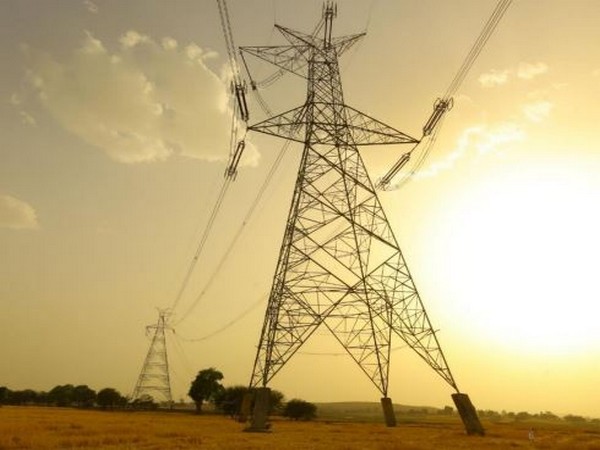Islamabad [Pakistan], April 29 (ANI): An acute energy crisis in Pakistan has worsened prolonged power outages in the country, as small business owners struggle to continue work in the face of soaring temperatures, reported local media.
On Thursday, several parts of Pakistan witnessed extreme power cuts for long durations, disrupting daily life and businesses. While urban centres experienced load sheddings up to 6 to 10 hours, rural regions fell prey to power outages lasting approximately 18 hours a day, reported the Dawn newspaper.
Shortage of fuels and gas, accompanied by a dramatic drop in power generation by thermal plants owing to the imbalance in demand and supply has led to this disaster. A shortfall of about 6,000 to 7,000MW has been reported.
“With increasing temperatures, the total shortfall is ranging between 7,000 to 8,000MW, and it may surge further if the hot and dry weather persists in the coming days,” quoted a power official, as reported by Dawn newspaper.
Residents of the capital and garrison city are frustrated over the long hours of power cuts, especially during the holy month of Ramazan. According to small business owners, the long power cuts are interfering with their work.
“We failed to give stitched suits to the customers on time. The frequent power cuts made difficult to do work,” said a tailor.
Accompanied by a sharp increase in the heatwave, parts of Khyber Pakhtunkhwa witnessed load sheddings up to 15 hours per day. Areas of Karachi, Sindh, and Balochistan were also not spared. Meanwhile, a spokesperson of the Karachi Electric Supply Company (KESC) stated that situations are likely to improve once all the commercial activity after Eiul-Fitr decreases, reported local media.
Officials of the Islamabad Electric Supply Company(IESCO) asserted that they were keenly observing the power load management at different durations. They have claimed that power generation will start as soon as they are able to overcome the present crisis.
The closure of several power plants in Pakistan due to lack of fuel and other technical pitfalls has caused such an electricity shortfall while a few powerplants also received capacity payments post-shutdown as well. (ANI)


